Almost 300,000 People Say They’re Gonna Storm Area 51
Really.
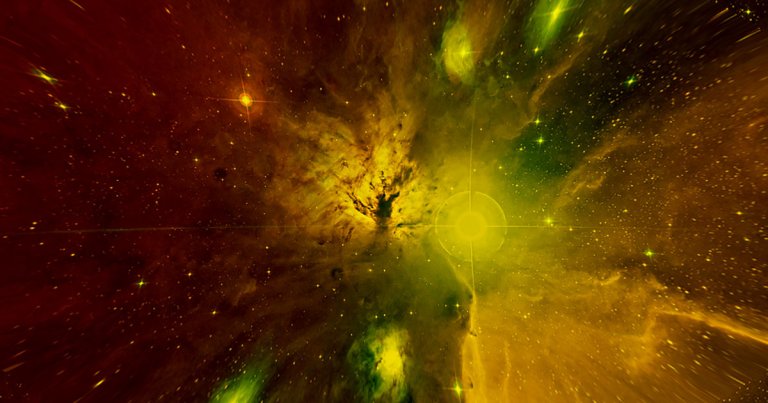
A new attempt to find the universe's age revealed troubling flaws.
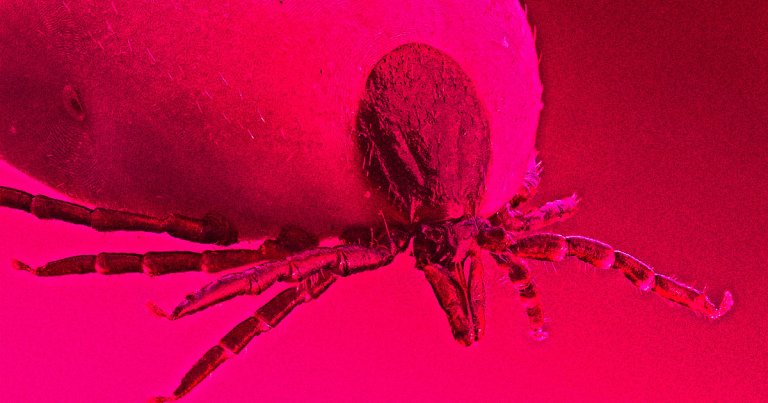
Rumors have circulated for decades. It's time for answers.
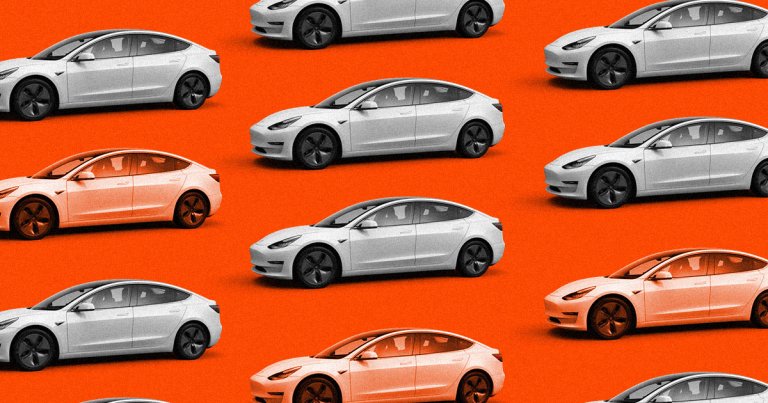
Some cars on the production line ended up missing bolts, nuts or lugs.

The opposite is true in China.
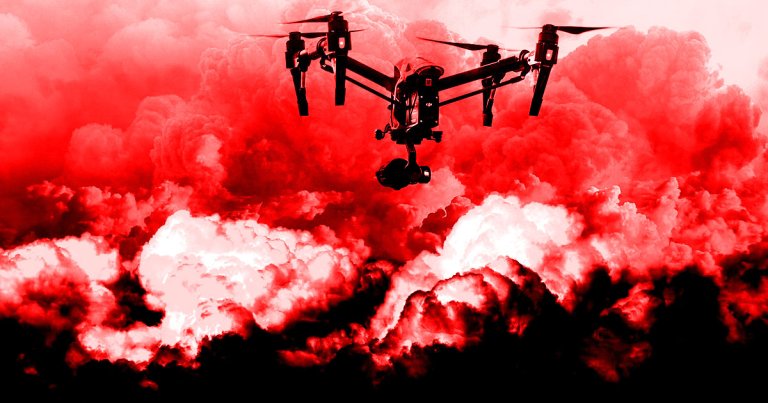
And he thinks the drone might use "a toxic poison" to kill its target.
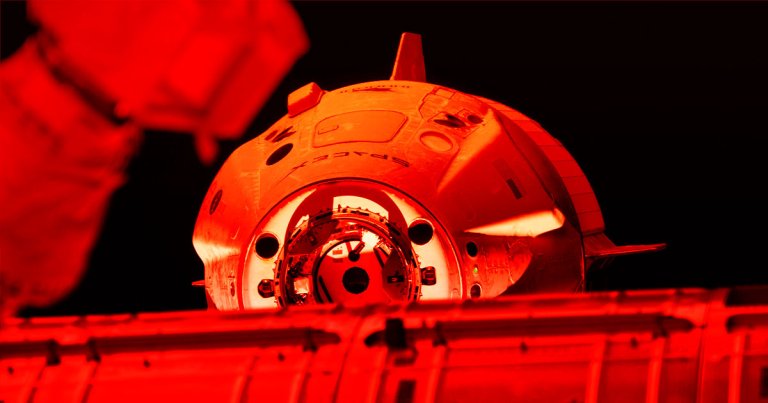
Did SpaceX learn their lesson?

It designs new metamaterials far faster than humans can.
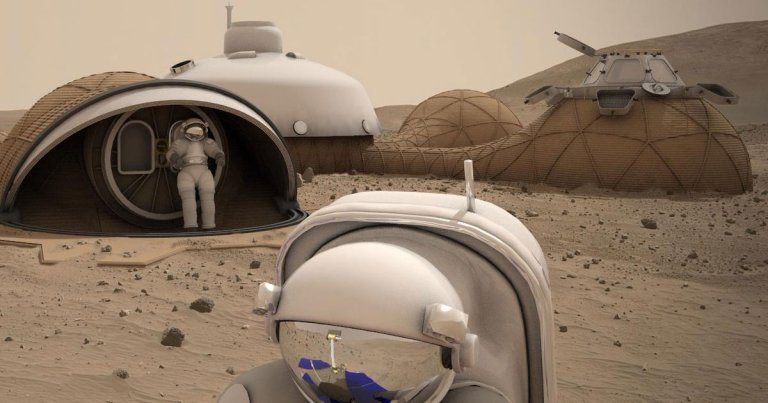
Blanketing Mars with aerogel may be enough to help plants grow.
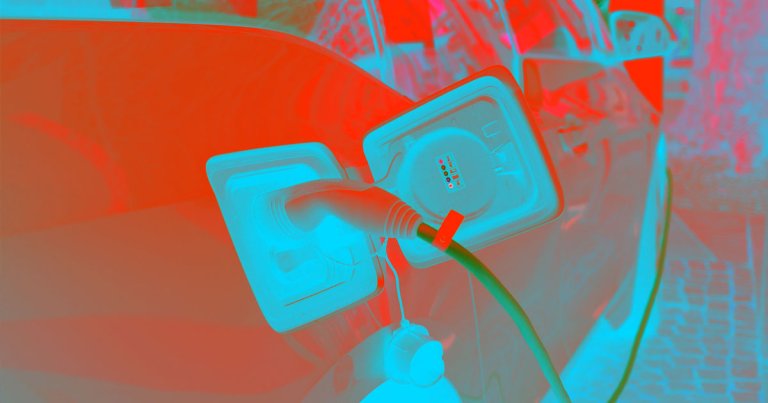
The U.K. would be the first to mandate in-home EV chargers.
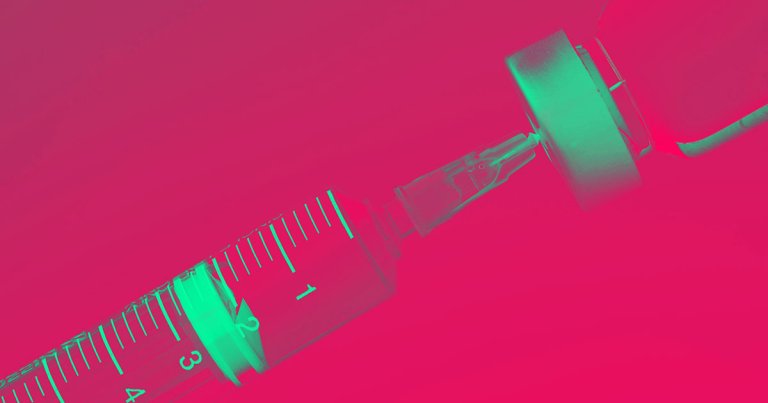
The AI's new flu vaccine is already undergoing clinical trials.
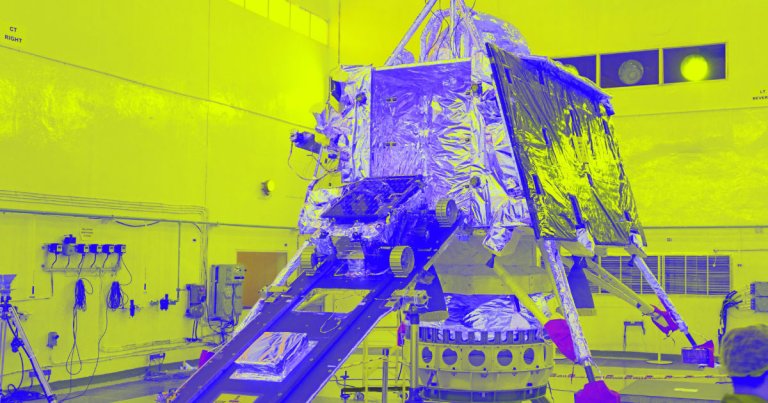
“As a measure of abundant precaution, Chandrayaan 2 launch has been called off for today."
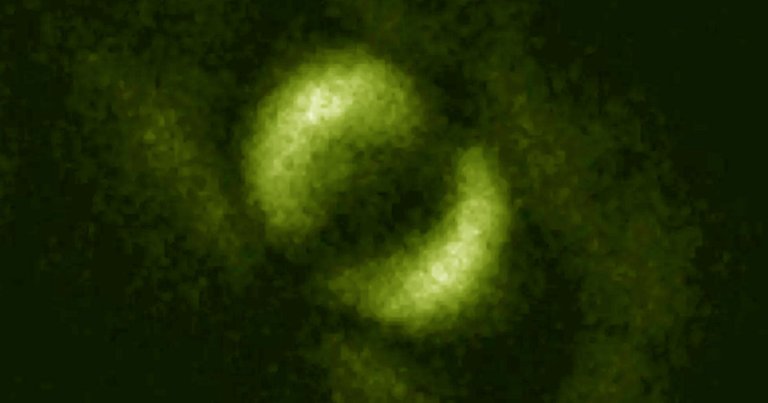
The image paves the way for tools to analyze quantum behavior.

Investigating extraterrestrial life is a great way to have your work written off.
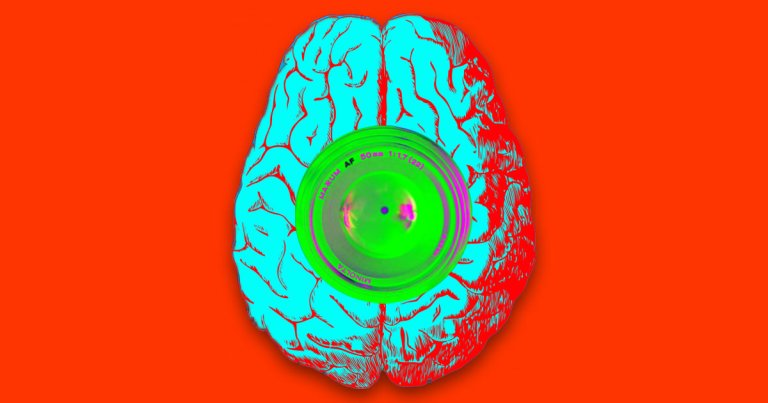
"This is a complete paradigm shift for treating people with complete blindness."
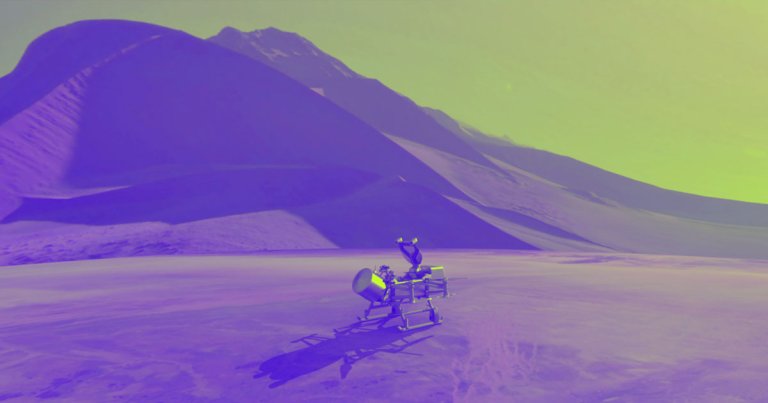
Can the massive ocean of Saturn's largest moon sustain life?

Thiel suggested that Google was infiltrated by Chinese intelligence.
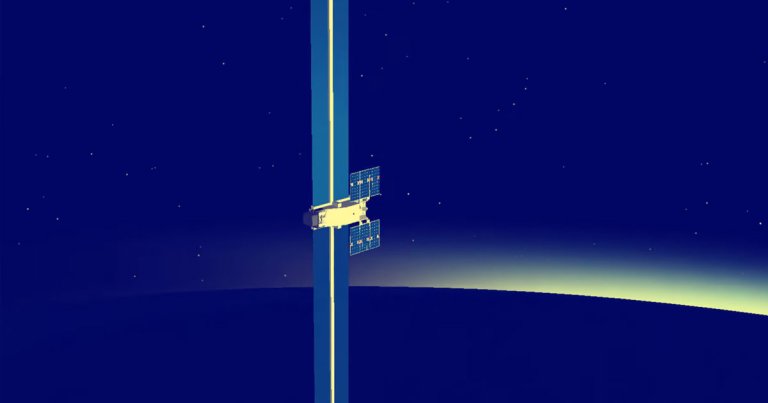
NASA is funding a startup to 3D print two massive structural beams while orbiting Earth.
We may not need semiconductors in the future.